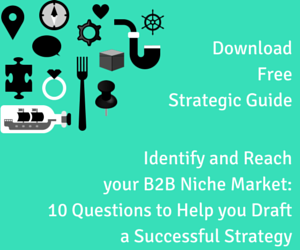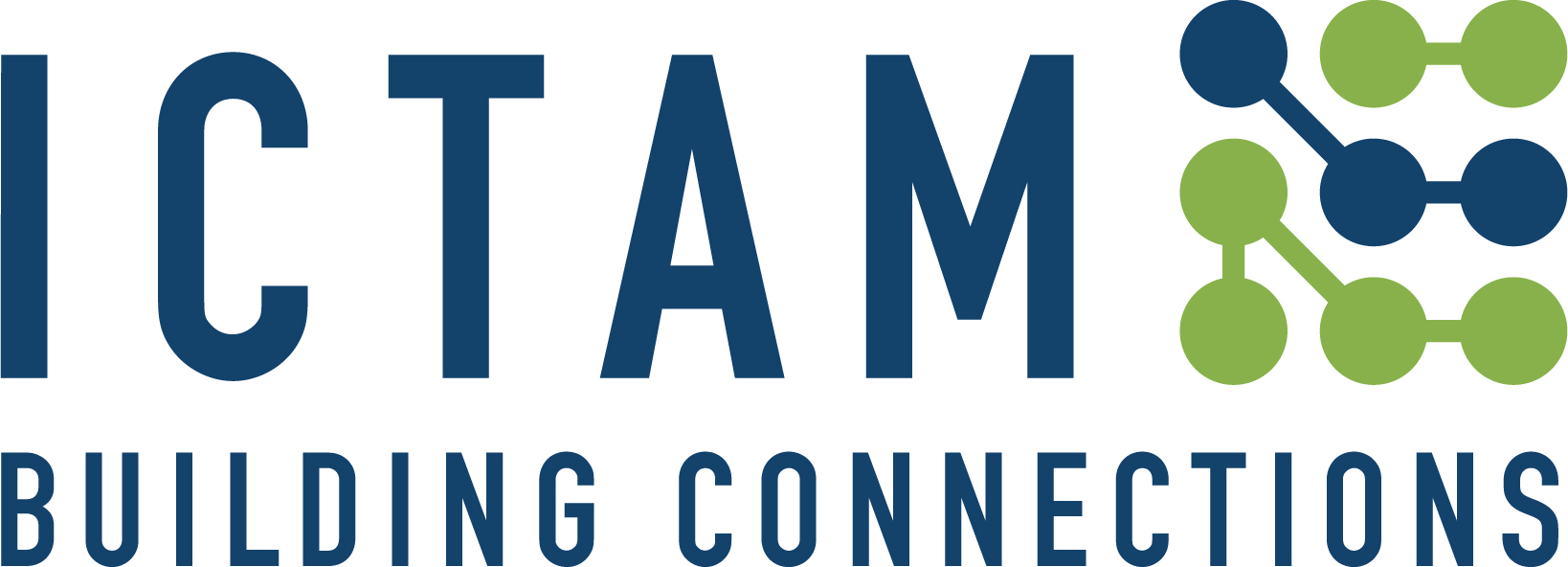Your R&D team worked many weeks/months on the design, analysis, and testing of a new product for your specific clients, a global niche market. The new product (or the new features or new service) is ready to launch. Will your clients like it? Will it attract the market segment you are after? How will you know?
The validation of business ideas through experiments should be an integral part of any R&D process. An open line of communication with existing and future clients is a necessary part of the development process. It ensures that the market guides the direction of the design. When companies establish this communication prior to embarking on the project in order to confirm that the need exists and that your team’s time and resources will be well used, then that’s all the better.
How do companies validate a business idea before the launch day? At NicheMktg, we adhere to the methodology and business model proposed by Alexander Osterwalder, who encourages businesses to design and implement “experiments” that validate one or a number of business ideas (either a new company, division, product or solution). These experiments provide reliable information and evidence regarding potential clients’ interests on the proposed products and services, which helps companies validate or reject their ideas at the outset.
An R&D team runs experiments and iterations to make decisions on the optimum performance of a product. The same process applies to test ideas – through experiments, companies validate or invalidate business ideas before any further investments are made. A variety of experiments are used to validate a hypothesis, with one or a combination of tools, some online and some offline.
B2B Global Market Niche: It All Starts with a Call
As companies compete in the global arena, their uniqueness and ability to solve very specific challenges encountered in a B2B niche market experience allow them to become specialists. Specialists have a tendency to believe that “they know the market”.
In this way, many companies that “know” their markets jump into the development of new features, tools, and business divisions without validating their assumptions in the target markets they are interested in. This starts with something as simple as a conversation with existing and past clients. The best channel for hearing, first hand, of a company’s needs, requirements, recommendations, and expectations, involves opening the communication line with the market.
How do you know your clients’ preferences? How do you know whether or not your new product will meet the needs of its application? How do you know if your product will sell better in one geography versus a different one or in one market segment versus another one?
Companies that strongly believe they know their clients and move forward without a consultation make assumptions without proper validations.
When industrial manufacturing, technology and scientific companies focus on targeted niche markets, they discover a number of advantages like: (1) dominance of specific niche markets, (2) the ability to become an expert, go-to specialist, and (3) niche markets are less sensitive to pricing.
Want to learn more? Check out our free, strategic guide, “Identify and Reach Your B2B Niche Market”.
Ideas are Hypotheses: Validation and Experiments
Everyday life in the office is hectic and tasks are time-consuming. Talking to clients is frequently postponed. We know it’s important, but who is in charge of these conversations? Many marketers don’t feel confident enough to have a conversation like this with clients. Rather, they are concerned that the conversation will get too technical and take them outside their area of comfort. Many business owners make assumptions based on a limited number of views, thereby launching a new business division that is based on a limited and biased input.
How can one be sure that a new idea has some ground? By considering the idea as a hypothesis – this is what we believe today, based on the conditions we know now.
How can one know whether or not the idea is good enough to go? By exposing it to experimentation, the idea will fall to the floor or continue to stand, ready for the next step.
Picking up the phone and having a quality conversation with existing and potential clients should be the first, basic step to corroborating strategic direction. Reach out to the exact target market the company assumes the new capability would serve, and ask the right questions.
These initial phone calls should take place prior to the design and launch. This may sound like a very basic piece of advice; however, many companies have not yet incorporated hypothesis validation into the first step of their processes yet.
How do I Experiment with an Idea?
Ideas can be validated by understanding the hypothesis and its assumptions, finding the appropriate experimental tools to utilize, and the right call-to-action we want the target market to perform.
Trade shows, landing pages, phone calls, and CRM system deep analysis, are only some of the many tools a company can use to test:
- Interests
- Relevance
- Priorities and preferences
- Willingness to pay
One or more hypotheses can be validated through testing. Each hypothesis requires one experiment with one variable that has been changed. These experiments show whether there is enough evidence in the sample data to infer that a certain condition is true for the entire population (i.e. your B2B global niche target market).
Remember, the more narrow you define your niche market segment, the more effective you will be at connecting with it. You can try to be everything to everybody, but B2B buyers prefer specialists rather than “Jacks-of-all-trades”. When experimenting with hypotheses and concept validation, the more narrow the focus, the more specific (and valuable) the results.
Is your company evaluating a solution for a new market segment? Do you need to understand the needs of your market or do you need to run some experiments in order to validate your ideas? We’ve helped many B2B companies throughout this process and we can help you too. Contact us for a no-cost conversation. We are just a click away.
When industrial manufacturing, technology, and scientific companies focus on specific, targeted niche markets, they discover several advantages:
- Companies can dominate specific niche markets;
- Companies can become experts and “go-to” specialists; and,
- Niche markets are less sensitive to pricing.
Want to learn more? Then check out our free strategic guide: “Identify and Reach Your B2B Niche Market”.






